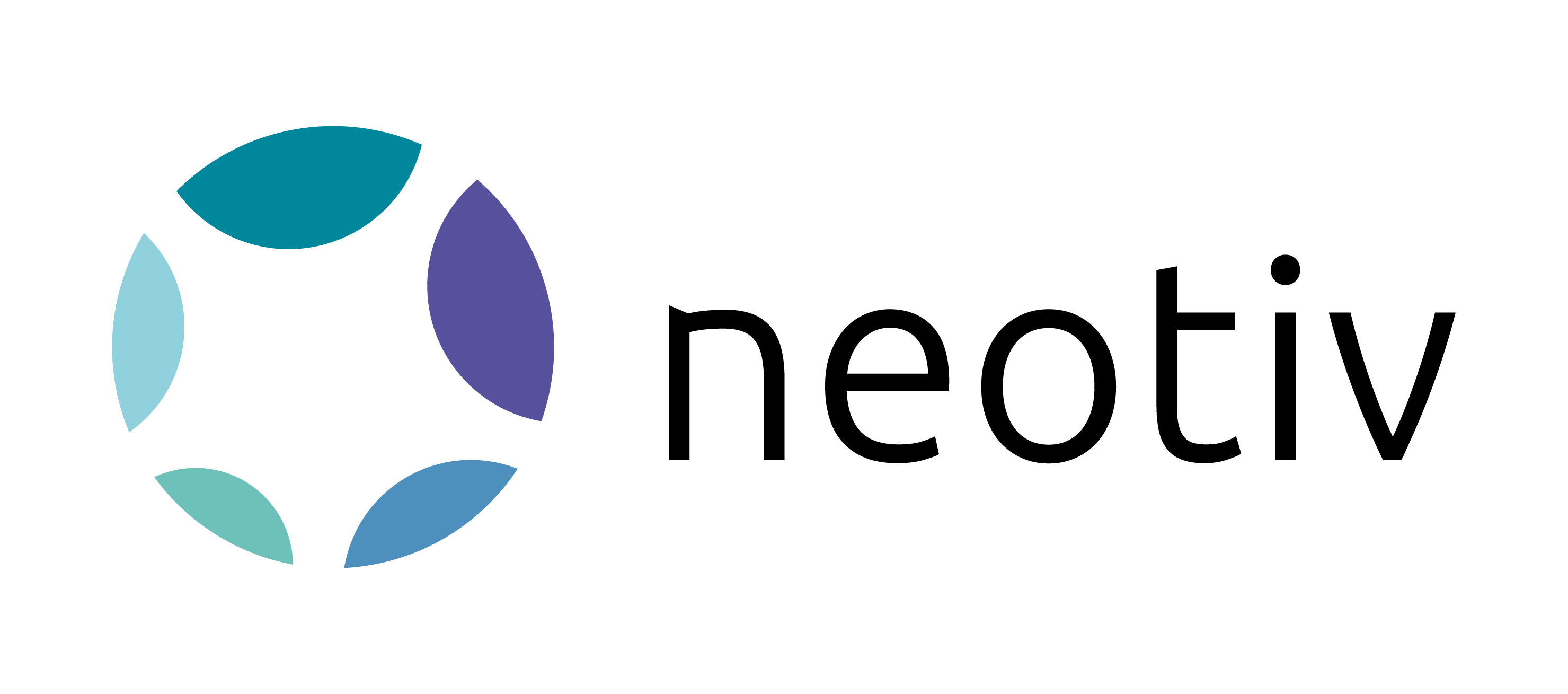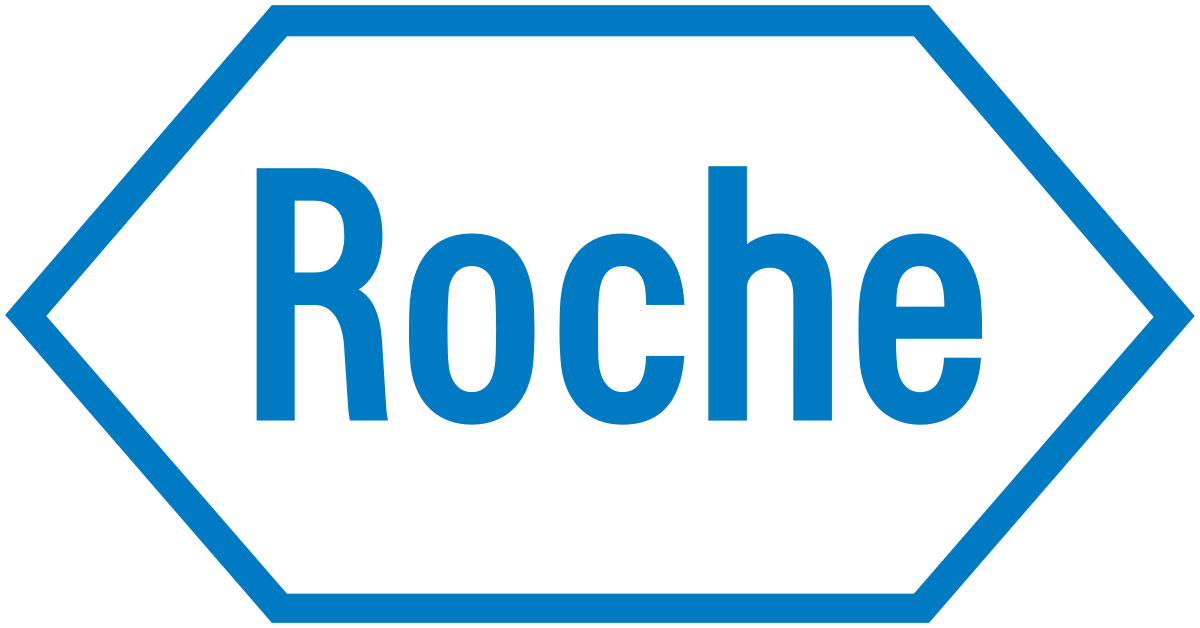Your contribution can save lives
Many diseases share the commonality that it's crucial to treat them as early as possible. What researchers are currently struggling with is finding a way to diagnose Alzheimer's disease in its early stages using simple tests at home and at healthcare centres. We believe that the solution might lie in a straightforward blood test.
Together, we can try to take another step forward in the fight against Alzheimer’s disease. The study is now entering its next phase, and our participants’ continued contributions are more important than ever. A heartfelt thank you to everyone who helps us take a small step toward a major discovery in the fight against Alzheimer’s disease.
Read more under our News section, where we provide ongoing updates on the study’s progress and the latest developments in Alzheimer’s research.

How does the study work?

Step 1
In the first step, you are asked to respond to various questionnaires that you can find on the study platform HOPE. The questions cover topics such as health, past illnesses, medication intake, ethnicity, and family situation. These questionnaires are mandatory and altogether take about 20 minutes to complete.
You will also find 9 voluntary questionnaires on dementia, sleep, diet, social activities, stress, depression and anxiety, physical activity, as well as alcohol and drug use, which you can fill out. These questionnaires do not need to be completed simultaneously; you can log in multiple times if you wish to fill in any of the forms. The time to complete each questionnaire varies between 5-30 minutes.

Step 2
In step 2 of REAL AD, we ask you to perform several memory and cognitive ability tests in an app called "neotivTrials." For those without access to a mobile phone or tablet, the tests can be conducted on a computer via a website called Cognitron. Please note that the study will not provide a diagnosis or share individual test results with you.
You will be asked to do a number of tests over the course of 3 months, you do not have to do all the tests if you do not have the time or do not feel like it but the more the better :)

Step 3
In the third step, you book an appointment at one of the 106 healthcare centres of VGR Närhälsan for a blood sample. This sample is collected and analyzed to ensure that our method works.
18 months after each participant’s study start, they will be invited to Study Part 2. Participation in Study Part 2 follows the same steps as in Study Part 1.
This means that not everyone will start at the same time, but we will contact participants via SMS and/or email when it is time to begin the follow-up.
Study Part 2 is the first follow-up and is followed by Study Part 3, which takes place 36 months after study start. Below you will find the participant information sheet, which includes an overview of the study design. Being able to follow responses over time is an important basis for our research work.
Please note that no diagnoses will be made for participants.
Participants may also be invited to take part in an additional sub-study. In that case, we will contact you, and you can choose whether or not you wish to participate.
The study is conducted by:



In collaboration with:





With support from:



